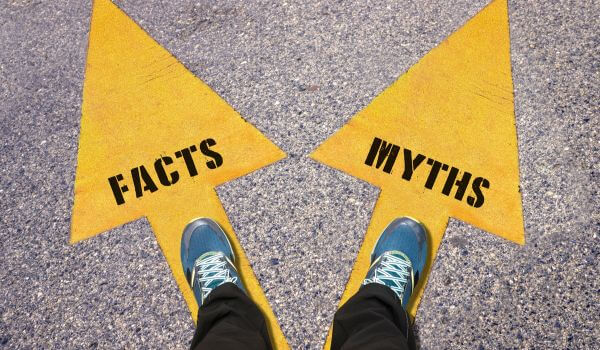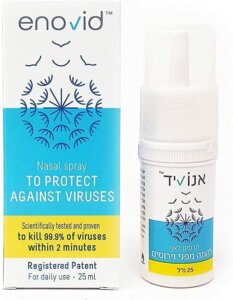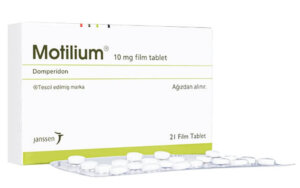Of all the medical ailments in the world, one of the most common (and at times most aggravating) is the dreaded hangover. After a good night’s drinking, a hangover is usually associated with the symptoms of nausea, headache and lethargy the next day. Why do we feel this way? Other than considering it as divine punishment for our alcoholic crimes, hangover science gives us a reason for why this happens. A hangover is a direct side effect of our bodies trying to break down Acetaldehyde. Acetaldehyde is a toxin that is produced from enzymes when breaking down alcohol. Therefore alcohol itself isn’t what is harmful. Acetaldehyde is the true culprit that not only damages our livers but also makes us feel more and more like we were poisoned the longer it hangs around.
So what affects our susceptibility to hangovers then? Because it certainly seems that some people have it worse than others. The first suspect in hangover science we usually look towards is genetics. Remember how I said above that Acetaldehyde is what causes our nasty hangovers, and that the ones responsible are the enzymes that break down alcohol? Well it isn’t a surprise then, that the true puppet masters are the genes that directly control these enzymes. This is also the point where factors such as age, weight, race and gender come into play. For example, many Asian people actually carry a gene mutation that can increase the speed at which Acetaldehyde is formed. We all have different genetic predisposures that determine how fast we produce acetaldehyde and more importantly, how fast we process it. This is the primary reason why we all react to alcohol, and get hangovers differently. So looks like that friend we all know that immediately gets flushed or nauseous even after drinking a bit of alcohol…isn’t just a wimp, he really can’t “hold his liquor”.
Another less commonly known suspect in hangover science however, are the microbes within our gut. Too much alcohol can actually inflame them and cause them to produce toxins (termed LPS) that can trigger our immune system. Our immune response, to what it views as being under attack, is then what makes us feel sick and increases the intensity of our hangovers. That’s not all. The more alcohol we drink, the more we actually change our gut microbe environment. Increased alcohol consumption increases the growth of alcohol loving microbes that can actually release toxins that cause us to crave more alcohol–alcohol addiction.
The solution to all this then? Do whatever we can to make our gut microbes stable and healthy. Experiments in mice show that mice without gut microbes, and those fed with high fiber/saturated fat/protein supplements had almost no side effects from alcohol, including liver damage. Why is that? Because the secret to hangovers is toxins. Mice without microbes are not subject to toxins because they obviously have nothing to produce them with after drinking alcohol. Mice with supplements also are protected because supplements help grow the diversity in gut microbes. Instead of alcohol being the only thing we feed to our microbes, (and systematically weeding out the ones that can’t survive on a pure alcohol diet) we should encourage the growth of other microbes by eating good, nutritious food. These microbes can then protect our guts from being overtaken by the alcohol-loving-toxin-producing nasty ones. Darwin’s survival of the fittest at its finest.
As a result, before any of us go out to drink, it’ll be best to remember two things. One, that some of us are more predisposed than others to hangovers and the negative effects of alcohol. So it’s best we start identifying genetic factors now and taking the necessary precautions (i.e. drinking less if we know we clearly cannot handle it time and time again). Two, eating a healthy, balanced diet everyday, but especially before, after and even during drinking, so that our gut microbes are happy and won’t cause us unnecessary pain later on.

Five common misbeliefs about COVID-19 and vaccines
Do people let false claims about health issues get in their way? It is quite disturbing to learn that reliable
Read More »
















